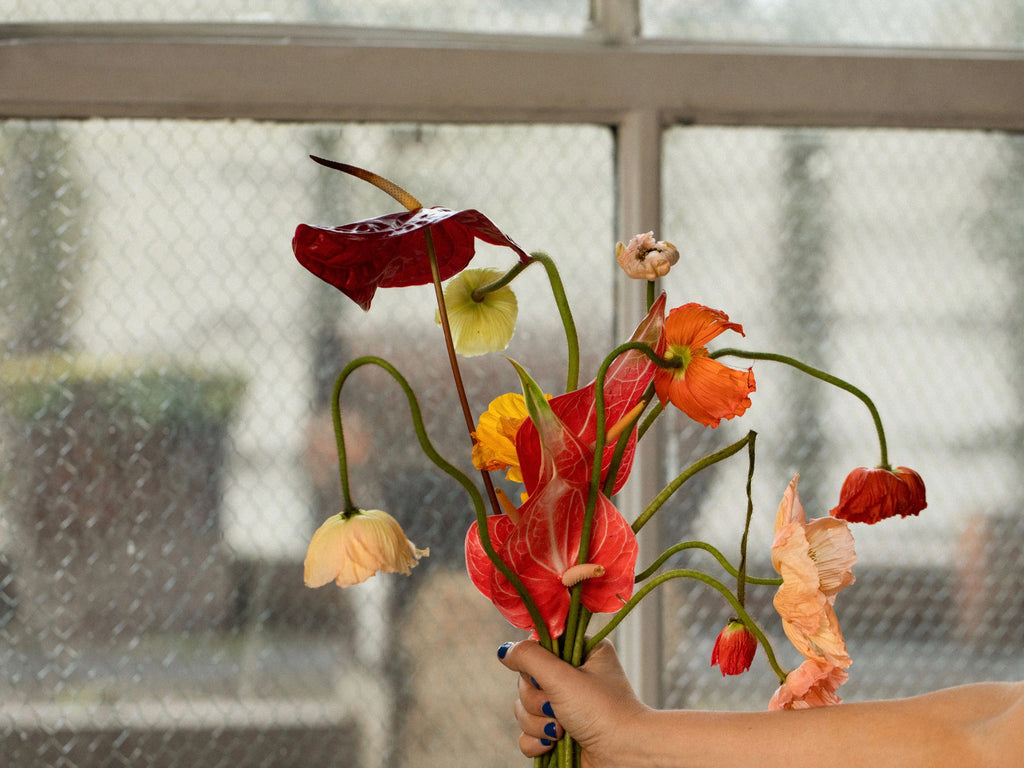Generally speaking, the words journey or travel evoke imagery of beautiful natural landscapes, or perhaps architecture and new cultures. It can also suggest impressions of more routine things like commuting or traffic. Regardless, what is certain is travel is often thought of in this external sense, that is to say, a body moving in physical space from point a to point b. Me in my car to work, or me on a plane to Fiji.
Here is where it might get a little contentious: I believe that our thoughts in themselves are a version of travel. Before accusations of “over-intellectualizing” start flying around let me explain: Physical space is literally traversed by neurotransmitters (chemical messengers) when a specific thought is activated via its neural circuit. Albeit the distance is literally microscopic, but if we accept the definition of travel as stated above, then exploring our thoughts is a legitimate form of travel.
These journeys that reside within are much more subtle and elusive, of course.
What are these journeys contained in ourselves? How familiar are we with the terrain of our own thoughts? Have we examined the things that make us who we are and contemplated why they are so? How we orient ourselves is primarily driven by our past experiences and its subsequent projection of a particular future, one which we rationalize to provide us satisfaction. Either we are reminiscing or planning, leaving little time to truly explore the present —the only point in time where we literally exist and have control. Add Instagram, the 9 to 5 grind, and Saturday brunches, and the present stretches even thinner.
I don’t mean to imply that we should abstain from interacting with friends or not decompress after a tough day. What I am proposing is we reflect if these actions are intentionally planned versus things we choose to do because we have nothing else better, or so we conveniently tell ourselves. Why do I tell myself I will go to the gym tomorrow, yet tomorrow never arrives? This question may seem trivial enough, especially when we answer:
I don’t feel like it.
But why, why don’t we feel like it?
Because I don’t want to see how I unfit I have become.
Why?
Because I feel like I will be judged.
Why?
Because I feel like I always have to be the best.
Why?
Because that’s a source of my self-worth.
Ohh…
By digging deep, we reveal that not wanting to go to the gym is more complicated than, I don’t feel like it today. In accepting the first answer we are unfairly assuming we are just lazy when reality is in fact more complicated. And I get it, just like planning to go to the gym, this mental workout is easier said than done.
Here is what I’m not suggesting: that we all spend most of our spare waking moments engaged in a series of whys about ourselves. I’m aware that introspection in some ways is a luxury. Those of us with children or who work multiple jobs don’t have much time to ourselves to begin with. And when we do, why partake in arduous labor of a different kind?
However, just as we understand the benefits of travelling to new locales born of external observations, similar are the benefits of journeying the conceptions and intersections of our identities through introspection. Traversing the crossroads of our thoughts is harder than travelling with friends to a different country. There isn’t Google Maps to help us navigate the underpinnings of why we think the way we do. Armed only with our intuition, we might get lost, feel scared and fall into a ditch, but if we persist in our inner expedition, we will ultimately solve a mystery or two (whose answers might lead to more uncharted areas.) Nonetheless, as we reflect more often, we begin to understand the landmarks of our mental geography.
Journal, vlog, meditate, talk with your childhood best friend, no matter the method, find a system that is suitable for your lifestyle. Just as you would plan a weekend trip, do the same for exploring your inner-self.
In a beautiful irony, the etymology of travel is lost. Some speculate it’s linked with travail, meaning to work. Or travelen, meaning to torment or labor, strive, or journey. To me, they are all valid. Travel is both a form of work and struggle. At times, it will be tormenting labor. However, once the strife subsides, clarity will present itself. The perspective from the summit can only come after we have climbed the mountain.
I will leave you with this interesting fact: The brain’s roughly 86 billion neurons translate to nearly 528,000 miles. Many adventures to be had indeed.
This post is tagged as:
You may also like...
The Latest
People & Places
How Ara Katz is Redefining “Self-Care” as Rooted in Science with Seed
The co-founder, mother, and self-proclaimed serial entrepreneur unpacks her philosophy on what it means to be well. Ara Katz hates the word “success”. Not because of its listed definition in a di...

Do Good Werk
9 Passive-Aggressive Email Phrases That Are Basically Evil
A Rosetta Stone for every time you want to :’).

Woo Woo
Get to Know Your Astrological Birth Chart
How to find meaning in the stars — and what it means for you.

People & Places
The 5 Best Places In New York To Meet Your Next Investor
Where to rub shoulders with the city's movers and shakers.

Do Good Werk
10 Unhealthy Thoughts You Convince Yourself Are True as a Freelancer
If you work alone, you might be particularly susceptible to distorted thoughts that hurt your mental health.

People & Places
Creating a Conference-Meets-Summer-Camp for Adult Creatives
An interview with Likeminds founders Rachael Yaeger and Zach Pollakoff This past September, I sat in front of an obituary I wrote for myself after a session with a death doula. No, I didn’t know w...

People & Places
When Something Golde Stays: An Interview with Golde’s Co-CEOs
“For us it was never a question,” says Issey Kobori, speaking of the decision to build a business with his partner Trinity Mouzon Wofford. At just shy of 27, Kobori and Wofford have secured a host ...

Better Yourself
Are They Toxic? Or Are They Human?
There’s a difference between putting up boundaries and putting up walls, and the latter is what breaks relationships.

Do Good Werk
How To Combat Seasonal Affective Disorder At Work
Here’s what to do if seasonal affective disorder starts to take a toll at the office.

People & Places
Reclaiming Womxn's Wellness Spaces from a White-Dominated World
How The Villij built a collective that their community can connect to.









